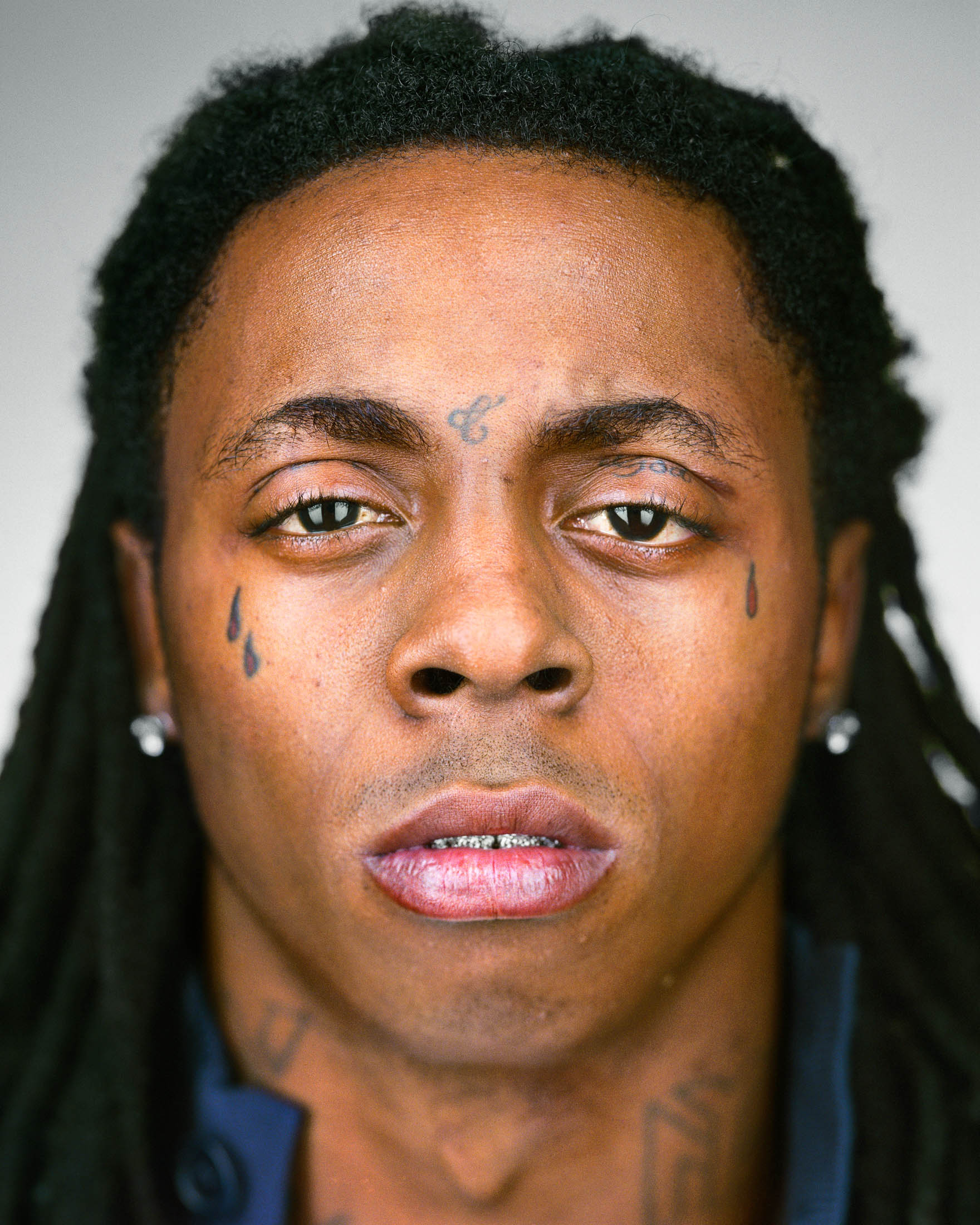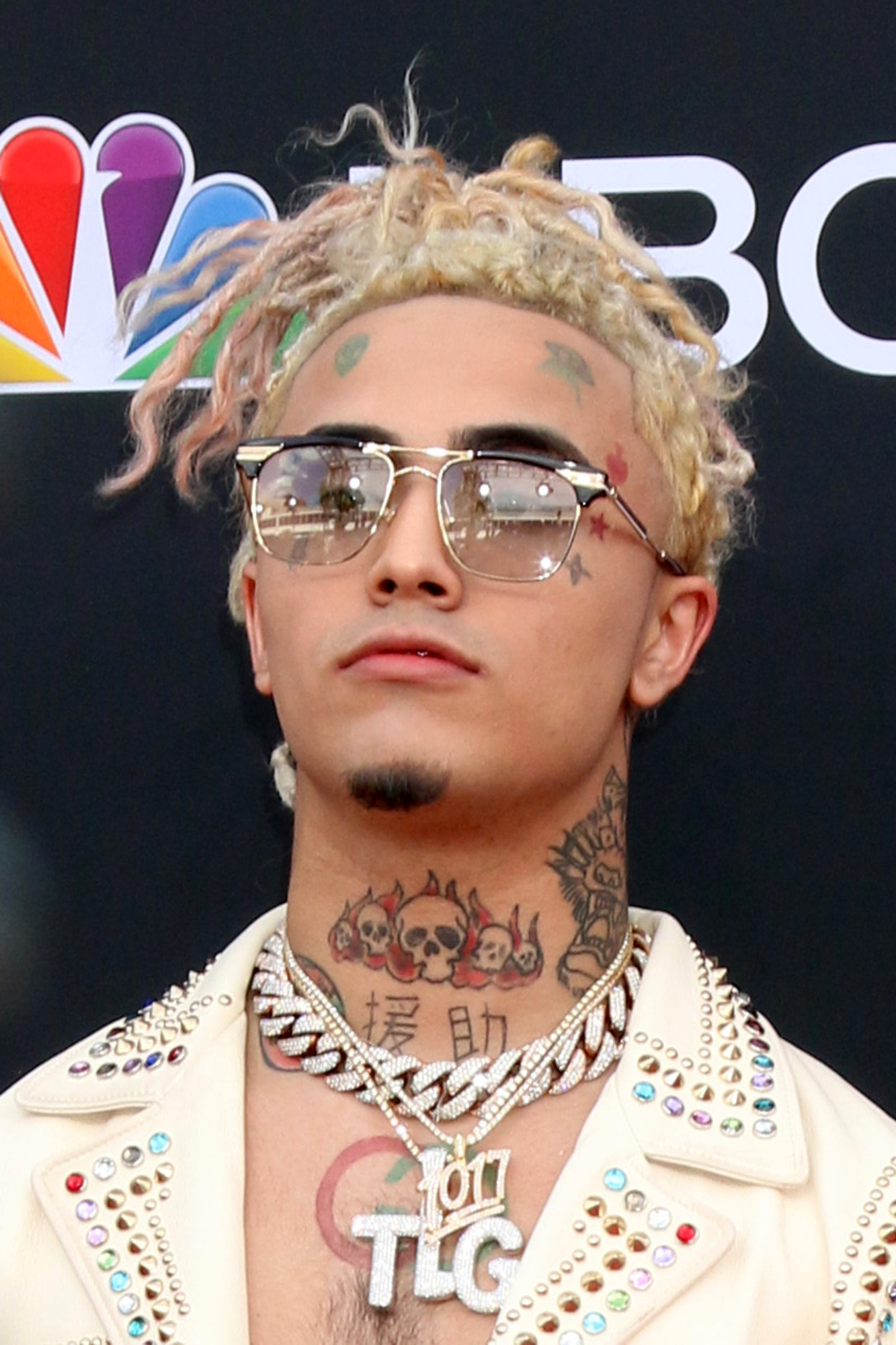Unpacking The Phenomenon: The Realities Behind Lil RT's Age And Rise
Table of Contents
- Introduction: The Young Voices of Trap
- Who is Lil RT? A Brief Overview
- The Age Dilemma: When Talent Meets Tender Years
- Atlanta's Trap Scene: A Double-Edged Sword for Youth
- Parental Guidance or Exploitation? A Critical Look
- The Grim Realities: Navigating Danger and Public Perception
- Financial Fantasies vs. Harsh Realities in Music
- Nurturing Talent Responsibly: A Call for Protection
- Societal Responsibility: Beyond the Comments Section
- Conclusion: A Future Unwritten, A Responsibility Shared
Introduction: The Young Voices of Trap
The music industry, particularly the vibrant and often raw world of trap and hip-hop, has always been a magnet for raw talent. However, when the spotlight shines on artists like Lil RT, age becomes an undeniable and often controversial focal point. The discussion around lil rt age isn't just about a birth year; it's a deep dive into the ethics of child stardom, the pressures of the streets, and the responsibilities of parents and society in nurturing – or exploiting – young artists. This article seeks to explore the complex landscape surrounding young talents in the music industry, using the discourse around Lil RT as a case study to understand the broader implications for "Your Money or Your Life" (YMYL) topics such as child welfare, financial exploitation, and the legal and ethical responsibilities involved.
From the early days of musical prodigies to the modern era of viral sensations, youth has often been synonymous with groundbreaking artistry. Yet, the specific context of the Atlanta trap scene, with its intense competition and often stark lyrical content, raises unique questions when children are at its forefront. We aim to provide an expert, authoritative, and trustworthy perspective on the challenges and concerns that arise when a young individual like Lil RT steps into such a demanding and potentially perilous environment, ensuring that the conversation extends beyond mere curiosity to a genuine examination of well-being and responsibility.
Who is Lil RT? A Brief Overview
Lil RT has emerged as a figure drawing significant attention, primarily due to his remarkably young age and his immersion in the rap scene. While specific biographical details are often kept private for minors, the public discourse around him centers on his early entry into a genre known for its mature themes and often harsh realities. His presence has ignited conversations across social media and within the music community, with many expressing a mix of admiration for his precocious talent and deep concern for his well-being. The very phrase "lil rt age" has become shorthand for a broader debate about the appropriateness and safety of young children being exposed to, and actively participating in, the more explicit and dangerous facets of the music industry. His rise, much like many young artists in the digital age, appears rapid, fueled by viral content and a fascination with youthful audacity, yet it simultaneously triggers a vital discussion about the ethical boundaries of child performance and exposure.
Lil RT: Personal Data & Biodata (Known Discussions)
Given the sensitive nature of discussing a minor, concrete personal data is often not publicly disclosed for their protection. However, based on widespread discussions and observations within the community, particularly in forums like the "atlantology community," we can compile a general understanding of the publicly discussed aspects related to Lil RT's presence in the music scene.
| Category | Details (Based on Public Discussion/Observation) |
|---|---|
| Stage Name | Lil RT |
| Primary Focus of Discussion | His remarkably young age and involvement in the rap/trap scene. |
| Genre | Rap / Trap |
| Associated City/Scene | Atlanta, Georgia (implied by association with Atlanta artists and the "trap/rap scene of Atlanta" discussions, which boast "60k subscribers"). |
| Key Concerns Raised | Child exploitation, exposure to violence, legal ramifications, long-term well-being, and financial control. |
| Public Perception | Mix of fascination with talent and significant concern over his welfare, often expressed with sentiments like "A lot of the comments here seem a little… i don’t know" and "Like this shit aint cute ion know why tf folks be raising they." |
It's important to reiterate that these details are compiled from the general public discourse and observations, reflecting the conversations that frequently arise when discussing lil rt age and his career. They highlight the community's engagement with, and often apprehension about, the path young artists take in this demanding industry.
The Age Dilemma: When Talent Meets Tender Years
The core of the discussion surrounding lil rt age revolves around the inherent conflict between undeniable talent and the vulnerabilities of youth. There's a natural human inclination to be impressed by prodigies, whether in sports, academics, or music. However, the context of the trap music scene introduces elements that are far removed from typical childhood experiences. One comment from the data highlights this stark contrast: "If they were 9 and 12 making death metal of comparable quality i doubt there would." This suggests that the genre itself, with its often explicit lyrics, themes of violence, drug use, and street life, amplifies concerns when performed by children. The perceived "authenticity" of such content from a child raises uncomfortable questions about their lived experiences, or conversely, whether they are merely mimicking adult narratives without full comprehension of the gravity. The innocence often associated with childhood clashes dramatically with the harsh realities frequently depicted in trap music, leading to widespread public discomfort and ethical debates about the appropriateness of such exposure. This dilemma forces us to consider not just artistic expression, but the profound impact on a child's development and future.
The very nature of childhood is a period of learning, exploration, and protection. When children are thrust into environments that demand a premature understanding of complex adult themes, it can have lasting psychological and emotional consequences. The entertainment industry has a long history of child stars, but the specific nuances of genres like trap, which often blur the lines between art and lived reality, present unique challenges. It raises questions about consent, the ability of a child to truly understand the contracts they might be involved in, and the long-term implications of their public image being tied to mature content. This isn't merely about personal opinion; it delves into established principles of child welfare and the legal frameworks designed to protect minors from exploitation and undue influence.
Atlanta's Trap Scene: A Double-Edged Sword for Youth
Atlanta has long been recognized as a powerhouse in the rap and trap music industry. The city's "booming industry" provides immense opportunities for aspiring artists, but it also presents significant challenges, especially for the young. The "trap/rap scene of Atlanta as well as the gang beefs, news, memes and various other things related to atl's booming industry" are not just background noise; they are integral components of the environment in which young artists like Lil RT operate. This environment, while fertile for musical innovation, can also be fraught with peril. The sheer volume of content and artists means that standing out often requires pushing boundaries, and for a child, these boundaries can quickly become dangerous. The pressure to maintain an image, to be "authentic" to the streets, can lead young individuals down paths they are ill-equipped to navigate, often with severe consequences. The fast-paced nature of the scene, coupled with the pervasive influence of social media, means that decisions made in haste can have immediate and far-reaching repercussions, making it a particularly precarious landscape for anyone, let alone a child.
The allure of Atlanta's music scene is undeniable, drawing in thousands with dreams of fame and fortune. However, beneath the glamour lies a highly competitive and often cutthroat reality. The narratives of struggle, street life, and defiance that define much of trap music are often rooted in genuine experiences, but when a child performs these narratives, the authenticity becomes questionable, or worse, tragically real. The exposure to gang conflicts, legal troubles, and the relentless scrutiny of public opinion can be overwhelming for adults, let alone a developing mind.

Lil Wayne - Age, Songs & Albums - Biography

Lil Wayne Faces

De ce cântăreții de rap din America folosesc numele de „Lil”?